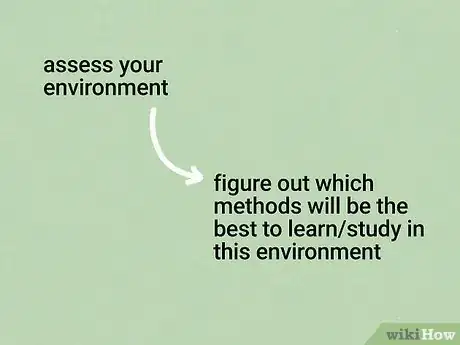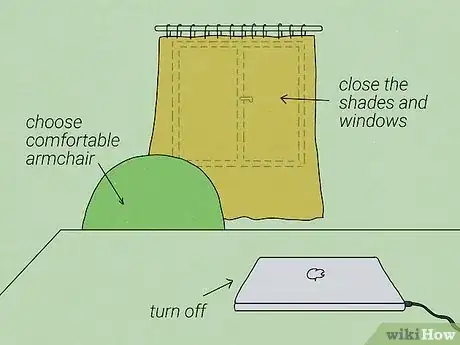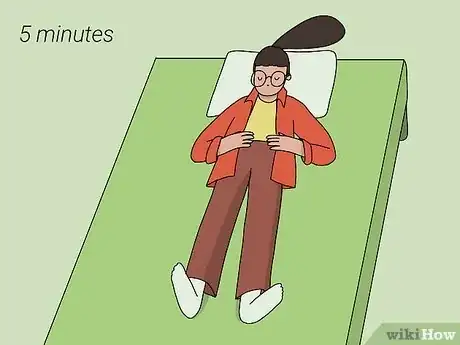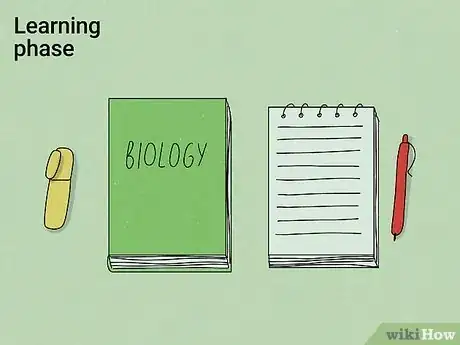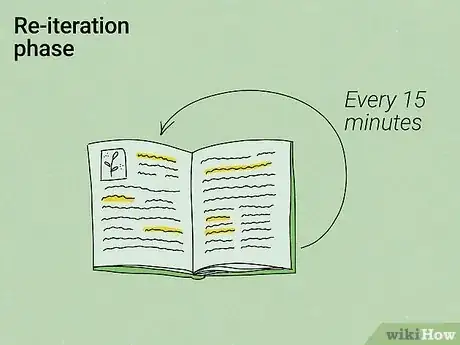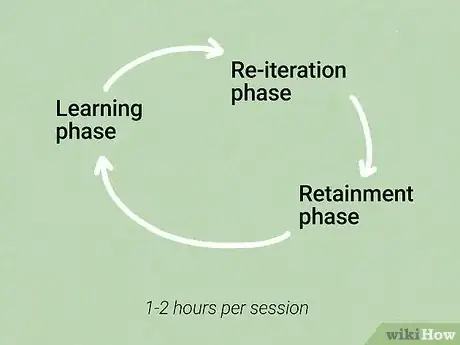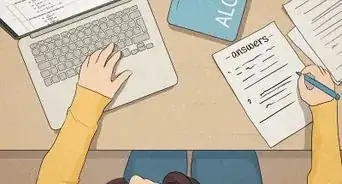This article was co-authored by Arash Fayz. Arash Fayz is the Co-Founder and Executive Director of LA Tutors 123, an academic consulting and private tutoring company based in Los Angeles, California. Arash has over 10 years of educational consulting experience, managing the tutoring of students of all ages, abilities, and backgrounds to score higher on standardized tests and gain admission to their target schools. He has a BA in Applied Mathematics and Computer Science from the University of California, Los Angeles.
wikiHow marks an article as reader-approved once it receives enough positive feedback. In this case, several readers have written to tell us that this article was helpful to them, earning it our reader-approved status.
This article has been viewed 232,369 times.
Do you have a tough time learning or studying? Do you want to become a better learner/studier? Well if you follow this how-to guide, you will have no problem mastering the art of learning/studying and begin on the road to success in the educational world!
Steps
Community Q&A
-
QuestionHow can I improve my learning power?
 Community AnswerConcentrate fully on whatever you are learning. When you relax, spend time trying to recall what you learned. The more you recall the information, the better it will store in your memory.
Community AnswerConcentrate fully on whatever you are learning. When you relax, spend time trying to recall what you learned. The more you recall the information, the better it will store in your memory. -
QuestionWhat if I have exams in one week and am unprepared?
 Community AnswerClose the curtains, disconnect the Internet, turn off the phone, and start studying!
Community AnswerClose the curtains, disconnect the Internet, turn off the phone, and start studying! -
QuestionHow can I stop being demotivated when my best friend scores higher than me?
 Community AnswerKeep your mind focused on yourself. Focus on what you need to do in order to raise your scores and capitalize on new methods of studying.
Community AnswerKeep your mind focused on yourself. Focus on what you need to do in order to raise your scores and capitalize on new methods of studying.
Warnings
- If you don't get enough sleep, before and after learning, everything is wasted because your brain will be working harder and harder to take in anything, and eventually will give up.⧼thumbs_response⧽
- If you have lousy materials to learn from, you won't learn well either.⧼thumbs_response⧽
- If your area is not completely quiet, and you are not relaxed/focused, you won't learn as well, its as simple as that.⧼thumbs_response⧽
- If you try these steps anywhere but in your own home, you may find yourself having to stretch these rules and guidelines too far that they no longer work to help you learn.⧼thumbs_response⧽
- Studying too long will result in loss of information, or information may get mixed up/confused.⧼thumbs_response⧽
Things You'll Need
- A quiet area to study/learn in, especially with a relaxing place to sit/lie down.
- Something calming to do before learning.
- Something extremely exciting to do for about 5 minutes after each 15 minute study break to increase your brain's capturing of information.
- Your materials to study/learn from.
- Optionally a clock/stopwatch to measure the correct time for each step correctly.
References
- ↑ https://web.magnushealth.com/insights/how-your-environment-affects-learning
- ↑ https://www.wgu.edu/blog/improve-online-study-environment1712.html
- ↑ https://digest.bps.org.uk/2019/05/20/taking-tiny-breaks-is-key-to-learning-new-skills/
- ↑ https://www.apa.org/ed/precollege/psn/2013/09/learning-secrets
- ↑ https://www.apa.org/ed/precollege/psn/2013/09/learning-secrets
- ↑ https://digest.bps.org.uk/2019/05/20/taking-tiny-breaks-is-key-to-learning-new-skills/

